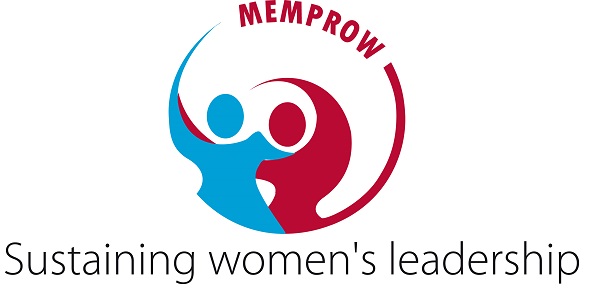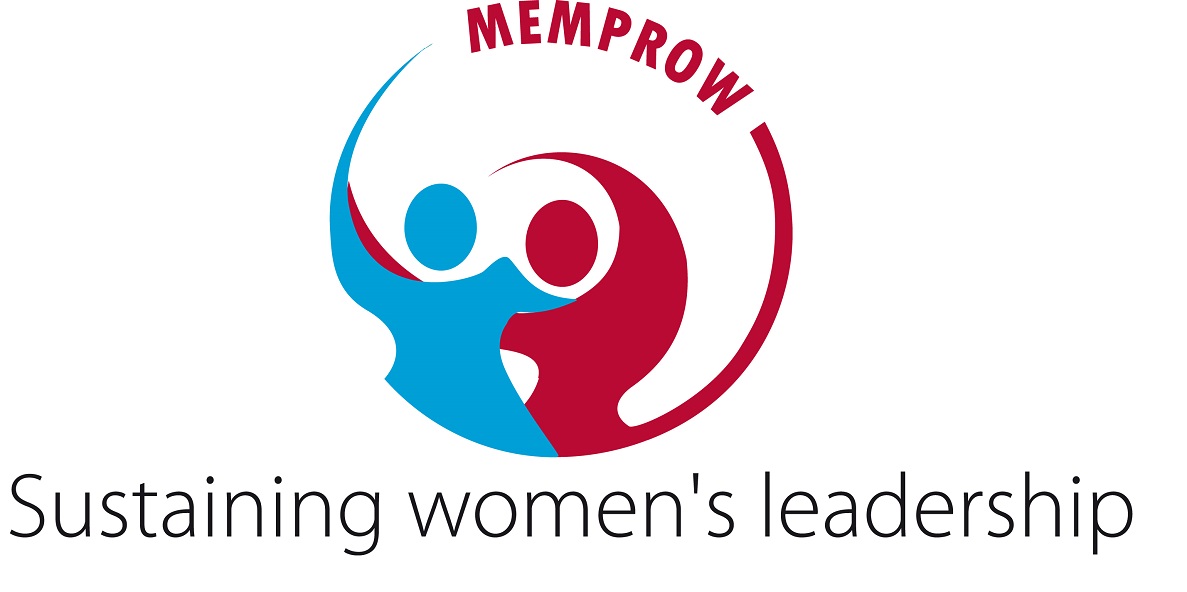
A climate catastrophe is occurring as a result of human-caused climate change that is undermining Earth’s capacity to support life. The necessity for radical adjustments at all levels of society has never been more obvious given the gravity of this existential threat. The decision to implement these reforms will determine whether mankind stays on a catastrophic course or ensures a livable, prosperous planet for everybody.
Consequently, while we are all affected by the impacts of climate change like drought, food insecurity, harsh weather conditions, increased temperatures, and changing rainfall patterns, diseases are becoming prevalent, hindering the economy and livelihoods. Women and girls have continued to experience the greatest impacts of climate change, which amplifies existing gender inequalities and poses unique threats to their livelihoods, health, and safety; thus, climate change becomes a known “gender issue”.
Women around the world are more reliant on but have less access to natural resources. Women are disproportionately responsible for securing fuel, water, and food in many areas. In low- and lower-middle-income nations as well as refugee camps, agriculture is the most significant industry for women’s work. Women who labor in agriculture and are the primary buyers put in more effort to provide for their families during times of drought and sporadic rains. Girls are under much more pressure because they frequently have to drop out of school to assist their mothers in carrying the heavier load.
In addition, women and girls are more susceptible to all types of gender-based violence as a result of climate change, including sexual assault linked to conflict, human trafficking, child marriage, and other forms of violence. Climate change and natural disasters threaten the health of women and girls by restricting access to services and healthcare, as well as by raising hazards for maternal and child health. According to research, high temperatures increase the likelihood of stillbirths, and climate change is hastening the development of diseases transmitted by insects, such as malaria.
WHAT ACTIONS HAS MEMPROW TAKEN?

MEMPROW is currently collaborating with other climate actors under the Strategic Partnership Agreement (SPA II) with ActionAid International Uganda to deepen engagements with youth, particularly young women, including those living in fragile contexts and emergencies, with the goal of transforming economic inequalities, enhancing democratic participation, and achieving climate justice by providing social movements and youth activists with innovative tools, capacity strengthening, and joint networking.
To complement the global to grassroots actions, government and individual actions toward climate change mitigation and adaptation, MEMPROW has managed to engage over 400 young people and their households and 5 learning institutions in climate change mitigation and adaptation response in Imvepi Refugee Camp, Terego District and Arua District, organize tree planting campaigns with over 5000 tree seedlings distributed, establish tree nurseries in 5 schools for sustainability, learning, and food, create kitchen gardens for the feeding programs in schools, and 65 cook stoves and briquettes by young women.

The power of Engaging young people, especially young women in Climate actions
Our climate actions with Youth seek to actively engage at local, national, and global levels in raising awareness, educating the public, conserving nature, developing renewable energy projects, and encouraging environmentally friendly practices and initiatives. With youth currently representing the majority of the population in most developing and climate-vulnerable countries, this new generation exposed to climate-related disasters from an early age has proven to have an increasingly strong social and environmental awareness with the motivation to lead our world towards a climate-resilient future.
Empowering young people presents a historic, transformational, and collective opportunity to advance an inclusive green recovery, accelerate progress on the SDGs, and lay the foundation for a peaceful and sustainable future.
PS: Join the climate actions movement, learn more, and TAKE ACTION TODAY!






